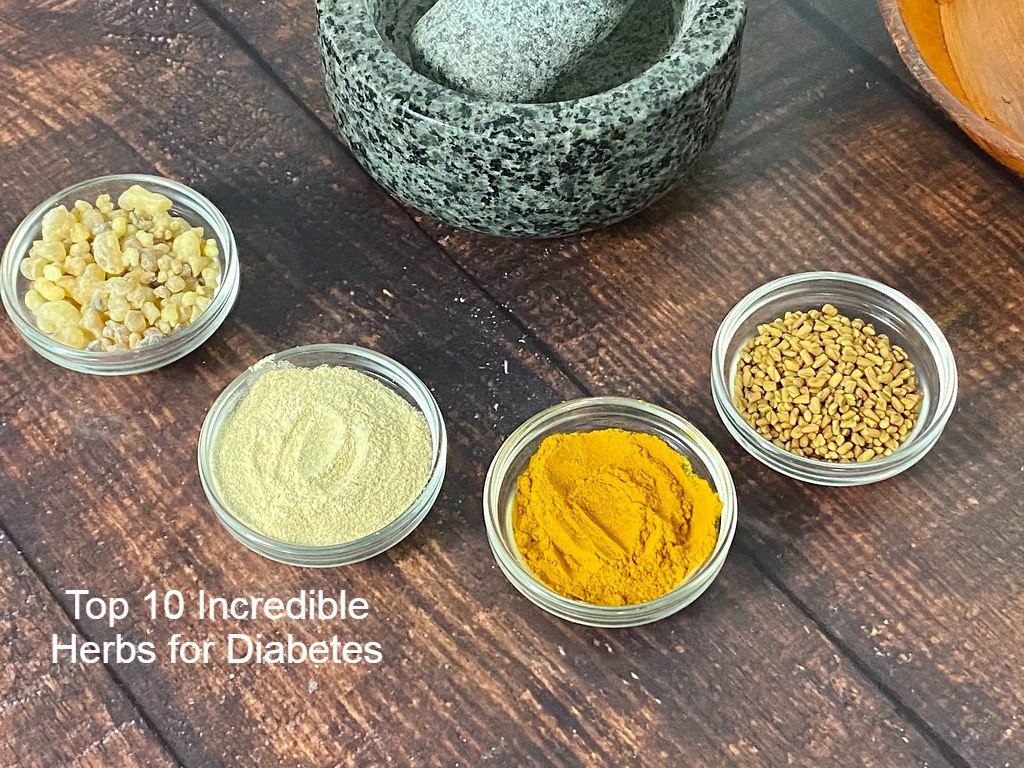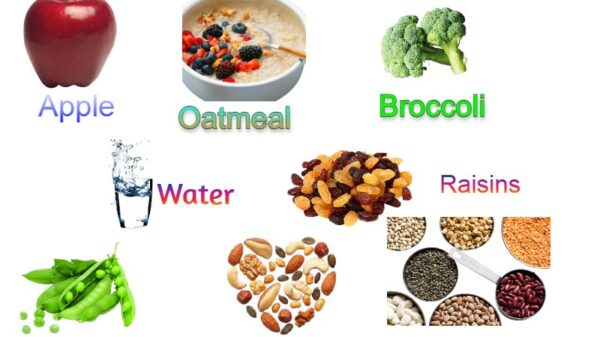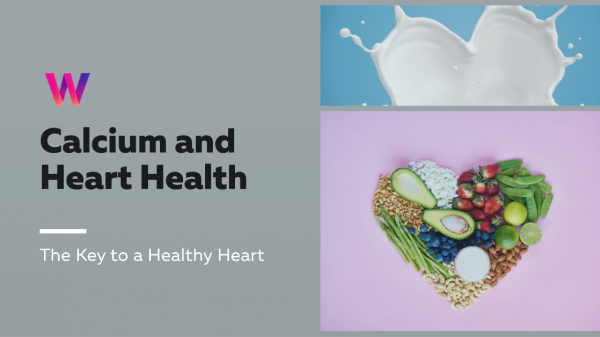Vitamin D is an essential nutrient that helps your body absorb calcium and phosphorus, which are important for bone health and immune function. Vitamin D is also involved in regulating your mood, energy levels, muscle strength, and inflammation. However, many people are not getting enough vitamin D from their diet or exposure to sunlight, which can lead to vitamin D deficiency.
What are the symptoms of vitamin D deficiency?
Vitamin D deficiency can cause various symptoms, depending on the severity and duration of the condition. Some of the common signs of vitamin D deficiency are:
- Fatigue and weakness: Vitamin D plays a role in energy production and metabolism, so low levels can make you feel tired and sluggish. Vitamin D also supports muscle function, so deficiency can cause muscle weakness and pain.
- Depression and mood swings: Vitamin D affects the production of serotonin, a neurotransmitter that regulates mood, sleep, and appetite. Low levels of vitamin D can reduce serotonin levels and increase the risk of depression and mood disorders.
- Frequent infections and illnesses: Vitamin D helps your immune system fight off bacteria and viruses, so deficiency can impair your immunity and make you more prone to infections and illnesses. Vitamin D deficiency can also worsen the symptoms and complications of some chronic diseases, such as asthma, diabetes, and autoimmune disorders.
- Bone and joint pain: Vitamin D helps your body absorb calcium and phosphorus, which are essential for bone health and growth. Low levels of vitamin D can cause bone loss, osteoporosis, and increased risk of fractures. Vitamin D deficiency can also cause joint pain and inflammation, especially in the hips, knees, and back.
- Hair loss and skin problems: Vitamin D is important for the health and growth of your hair and skin cells. Vitamin D deficiency can cause hair loss, thinning, and brittleness, as well as skin problems such as dryness, itching, and rashes.
What are the causes and risk factors of vitamin D deficiency?
The main cause of vitamin D deficiency is inadequate exposure to sunlight, which is the primary source of vitamin D for most people. Your skin produces vitamin D when it is exposed to ultraviolet B (UVB) rays from the sun. However, many factors can limit your sun exposure and reduce your vitamin D synthesis, such as:
- Living in regions with high latitude, pollution, or cloud cover
- Having dark skin, which reduces the amount of UVB rays that can penetrate your skin
- Being elderly, obese, or having kidney or liver disease, which can impair your ability to convert vitamin D into its active form
- Taking certain medications that can interfere with vitamin D metabolism, such as anticonvulsants, steroids, or antiretrovirals Another cause of vitamin D deficiency is insufficient intake of vitamin D from your diet. Vitamin D is naturally found in only a few foods, such as fatty fish, egg yolks, liver, and cheese. Some foods are fortified with vitamin D, such as milk, cereal, and orange juice, but they may not provide enough vitamin D to meet your daily needs. Therefore, you may need to take vitamin D supplements to prevent or treat vitamin D deficiency.
How can you prevent and treat vitamin D deficiency?
The best way to prevent and treat vitamin D deficiency is to increase your exposure to sunlight and your intake of vitamin D from your diet or supplements. Here are some tips to help you boost your vitamin D levels and improve your health:
- Get more sun exposure: Aim for at least 15 to 30 minutes of sun exposure per day, preferably between 10 a.m. and 3 p.m., when the UVB rays are strongest. Expose your arms, legs, and face to the sun, without sunscreen or clothing, to maximize your vitamin D production. However, be careful not to get sunburned or increase your risk of skin cancer by overexposing yourself to the sun.
- Eat more vitamin D-rich foods: Include more foods that are high in vitamin D or fortified with vitamin D in your diet, such as fatty fish, egg yolks, liver, cheese, milk, cereal, and orange juice. You can also look for vitamin D-fortified products, such as yogurt, soy milk, almond milk, and oatmeal, which can help you meet your daily vitamin D requirements.
- Take vitamin D supplements: If you are not getting enough vitamin D from your sun exposure and diet, you may need to take vitamin D supplements to prevent or treat vitamin D deficiency. The recommended daily intake of vitamin D for adults is 600 IU (15 mcg), but you may need more depending on your age, health status, and risk factors. Consult your doctor before taking vitamin D supplements, as they can interact with some medications and cause side effects if taken in excess.
- Check your vitamin D levels: The only way to know for sure if you have vitamin D deficiency is to get your blood tested for 25-hydroxyvitamin D, which is the main form of vitamin D in your body. Your doctor can order this test and interpret the results for you. The optimal range of vitamin D levels for most people is between 20 and 50 ng/mL (50 and 125 nmol/L), but this may vary depending on your individual needs and goals. Your doctor can advise you on how to adjust your sun exposure, diet, and supplements to achieve and maintain your ideal vitamin D levels.
Conclusion
Vitamin D deficiency is a common and serious condition that can affect your physical and mental health. By recognizing the symptoms of vitamin D deficiency and taking steps to increase your vitamin D levels, you can prevent and treat this condition and enjoy the benefits of vitamin D for your bones, muscles, immune system, mood, and energy. Don’t let vitamin D deficiency slow you down! Spot the telltale signs and get back on track with vitamin D!












